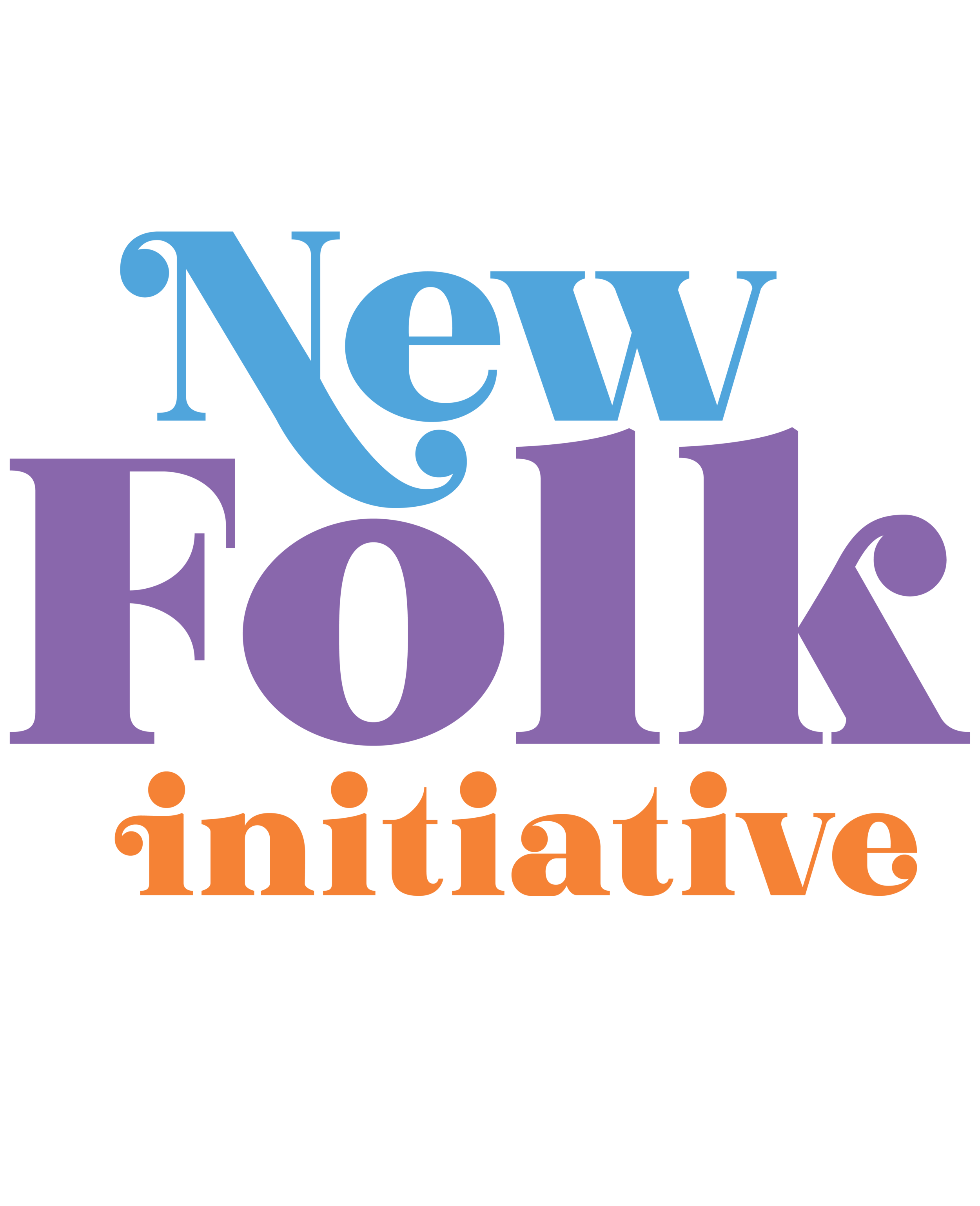Spotlighth Album Review: Gillian Welch & David Rawlings "Woodland"
GILLIAN WELCH & DAVID RAWLINGS - WOODLAND
For almost 30 years, starting with the Grammy-nominated Revival album in 1996, Gillian Welch and her partner in music and life, David Rawlings, have set the standard for acoustic Americana duos. Just four years ago, their life’s work looked jeopardized after a tornado destroyed their studio in Nashville. Miraculously, they managed to salvage many of the recordings, some of which ended up on three albums of outtakes and rarities, Boots No 2: The Lost Songs. While they weren’t without merit, they weren’t the same as a new album. Now, with Woodland (named after that ill-fated studio), they have delivered their first album of original songs as a duo in 13 years, and it’s well worth the wait.
Woodland contains many of their signature ingredients: Gillian’s brilliant songwriting, with echoes of Appalachia and traditional folk imagery, and David’s distinctive guitar playing, combined with their seamless harmonies. The opening track (and first single,) “Empty Trainload of Sky,” invokes not only trains, but the Devil, and the Lord:
For a moment I was tempted to fly
To the Devil or the Lord
As it hung there like a sword
Just an empty trainload of sky
Maybe it’s a ghost train (“Was it spirit? Was it solid?”) but follows that with a puzzling query (“Did I ditch that class in college?”). That epitomizes their approach, combining the tangible and the elusive. The next track, “What We Had,” is the first of several featuring non-intrusive strings and has a relatively commercial feel, with lyrics about change and desire (“I used to dream of something unseen/It was something that I thought I wanted so bad/But now I only want”).
“Lawman,” propelled by Rawlings’ riveting guitar work, has more the feel of a traditional ballad, with lines that echo Lead Belly (“Sylvie gonna bring a little water”) and Dylan (“big brass bed”) and references to the preacher, the Devil, the gambler, and finally, the lawman. Rawlings creates a bell-like quality in “The Bells and the Birds,” another song that asks questions (“Listen how the bells they ring in the morning/What do they say to you my love?”)
“North Country” is another song that evokes Dylan (and perhaps the Milk Carton Kids) using winter in an existential way (“I guess it's just my blood getting thinner/This ain't easy living no siree”). The authentic, old-time quality we expect of Welch and Rawlings bumps up against the present in “Hashtag,” perhaps addressed to one of their old-fashioned heroes:
You laughed and said the news would be bad
If I ever saw your name with a hashtag
Singers like you and I
Are only news when we die
David takes lead vocals on “The Day the Mississippi Died,” a parable of our current divisions, featuring Ketch Secor on fiddle and using the old folk image of “the blue-tail fly”:
My pony he did stumble and sent me to the sky
When the jury brought the verdict it was the blue-tail fly
I'm thinking that this melody has lasted long enough
The subject's entertaining but the rhymes are pretty rough
Rawlings also sings lead on “Turf the Gambler,” with a melody reminiscent of early Dylan (complete with harmonica). Dylan (and Woody Guthrie) figure in “Here Stands a Woman,” another song about change sung by Gillian:
Here stands a woman
Where there once was a girl
I come a long way from Danville
Where they wear that Danville curl
There’s another Woody reference on the closing track, “Howdy Howdy,” a banjo tune that feels most like their early songs: “You and me always walk that lonesome valley/You and me are always gonna be howdy howdy.” Acknowledging their resilience and longevity, it ends with a reference to the Kenny Baker fiddle tune:
Tell me what did the riddle say to the song?
The Devil he's blowing reveille and we ain't got long
Let's play the Spider Bit The Baby-O
Last time, last rhyme, one more for the road
One more for the road
As Iris DeMent said, you’ve got to “let the mystery be.” Without being specific about their travails, Gillian and David allow you to experience their “soul journey” (as they titled their 2003 CD). Woodland brings us back to a place we’ve dearly missed.
photo by Alysse Gafkjen
